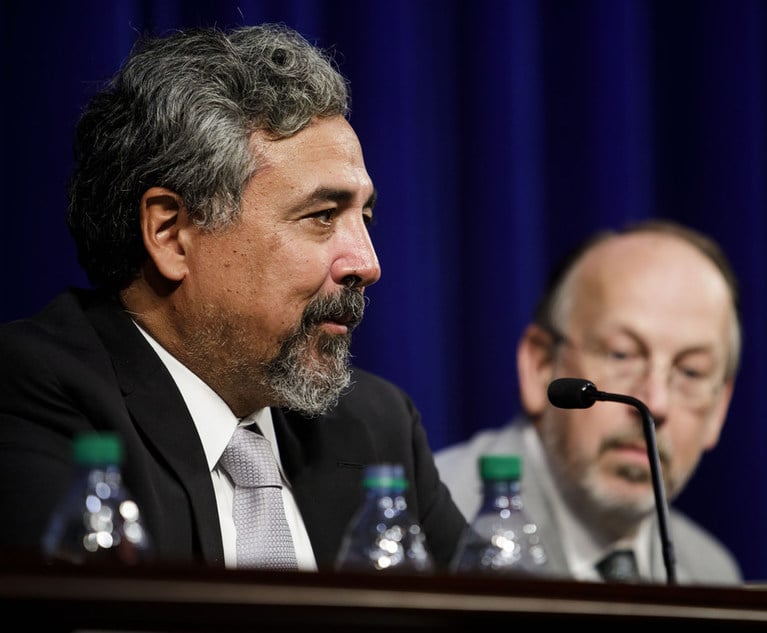When the U.S. Supreme Court validated the Patient Protection and Affordable Care Act (ACA) in National Federation of Independent Businesses v. Sebelius, 567 U.S. 519 (2012) (NFIB), the common belief was that the controversy over the constitutionality of the nation’s health insurance law was at an end. There the majority concluded that the so-called individual mandate, a statute which commanded taxpayers to purchase health insurance or pay a penalty, was a proper exercise of Congress’ power to tax, notwithstanding that the High Court condemned the proviso as a violation of the Commerce Clause. Few contemplated what might happen if the exaction enforcing the individual mandate was ever removed.
That question is now upon us. In Texas v. U.S., ___ F.Supp.2d ___ (No. 18-cv-00167) (N.D. Tex.) (Dec. 14, 2018) (Texas), a federal district judge has ruled that when Congress abrogated the individual mandate’s penalty, it rendered all of ACA unconstitutional. With the expectation that this holding shall eventually reach the Supreme Court, this article is purposed to view Texas in light of the constitutional principles it implicates, and which are expected to be of overriding interest to the justices.


 Bigstock.
Bigstock.




